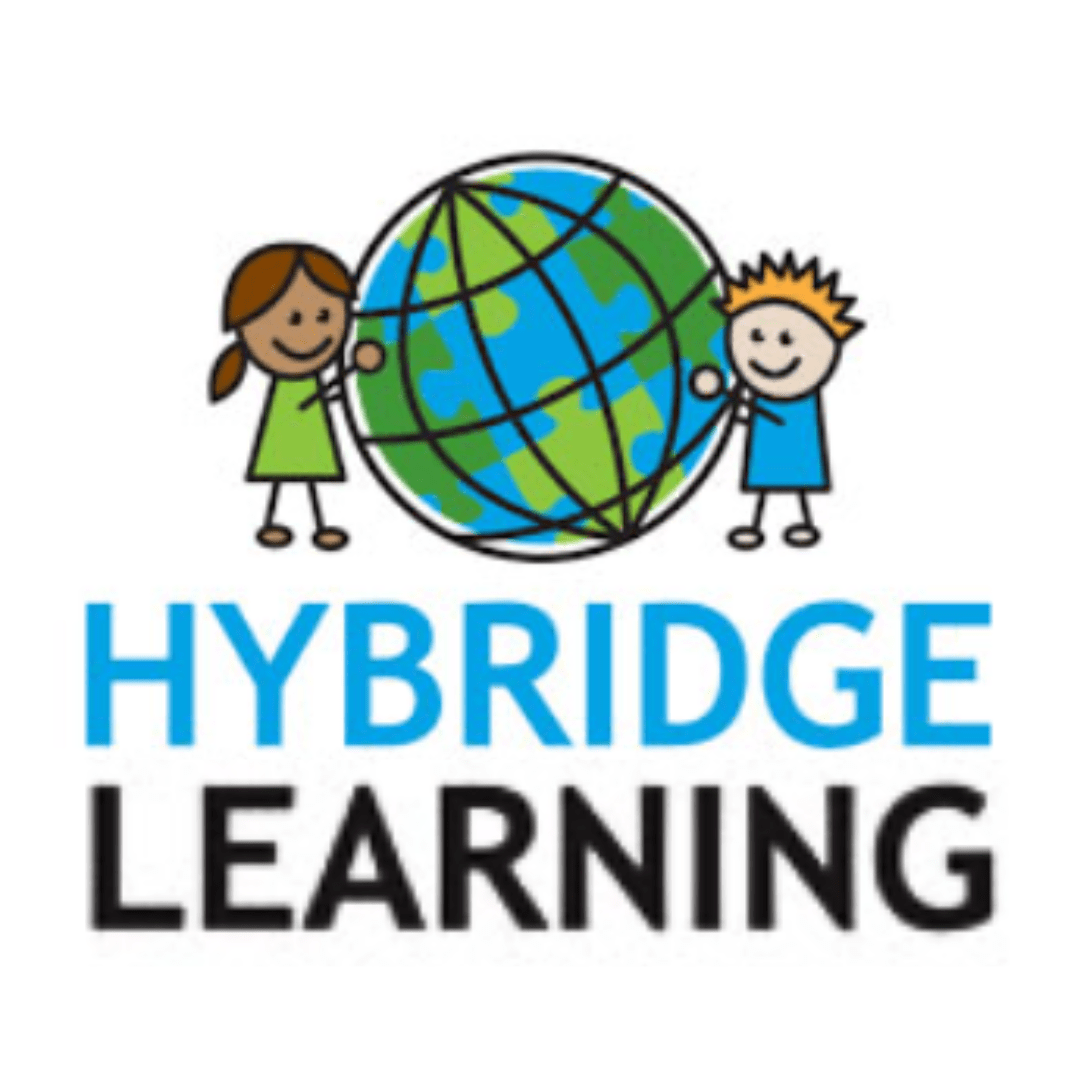When it comes to supporting children with autism, starting early can make a world of difference. Early Intensive Behavioral Intervention (EIBI), or just “ early intervention” for short, is a scientifically backed approach that helps children build critical skills and reach their full potential. By addressing developmental challenges as soon as possible, early intervention ABA lays the foundation for long-term success.
Let’s dive into the science behind this transformative method and explore why starting early matters so much.
What are Early Intensive Behavioral Interventions?
Early interventions in ABA are carefully designed strategies that use the principles of behavior analysis to teach new skills and reduce challenging behaviors.
These interventions are evidence-based and focus on measurable outcomes, making them highly effective. Here are some key aspects of ABA interventions:
- Individualized Plans: ABA interventions are tailored to the unique needs of each child. Therapists assess strengths, challenges, and developmental goals to create a personalized approach.
- Skill Building: ABA focuses on teaching essential skills, such as communication, social interaction, and self-care.
- Positive Reinforcement: Desired behaviors are encouraged through rewards and praise, making learning a positive experience.
- Data-Driven: Progress is monitored using data, allowing therapists to adjust strategies for the best results.
Early intervention ABA leverages these principles to help children develop foundational skills during their most critical years of growth.
What are examples of Early Intensive Behavioral Interventions?
Early intervention ABA includes a variety of activities and strategies aimed at helping children learn and grow. Here are some examples:
- Communication Skills:
- Teaching a child to use words, gestures, or visual aids to express their needs and feelings.
- Encouraging turn-taking in conversations and responding to questions.
- Social Skills:
- Helping children learn how to share toys, make eye contact, and play cooperatively with peers.
- Practicing greetings, introductions, and other social norms.
- Daily Living Skills:
- Teaching basic self-care tasks, such as brushing teeth, washing hands, and getting dressed.
- Introducing routines that promote independence, like packing a school bag.
- Behavioral Strategies:
- Addressing behaviors like tantrums or self-injury through positive reinforcement and replacement behaviors.
- Creating structured environments to reduce anxiety and promote focus.
These interventions not only support immediate development but also prepare children for future academic, social, and personal success.
What is the age range for early intervention ABA?
Early intervention ABA typically focuses on children between the ages of 18 months and 5 years. This age range is critical because it’s a period of rapid brain development, making it easier for children to learn and retain new skills. Here’s why early intervention during this time is so impactful:
- Neuroplasticity: Young brains are highly adaptable, meaning they can more easily form new neural connections. Early intervention ABA takes advantage of this window to teach essential skills.
- Foundation Building: Skills learned during early childhood serve as a foundation for later learning and development.
- Family Involvement: Early intervention programs often involve parents and caregivers, ensuring that learning continues beyond therapy sessions.
While early intervention ABA is most effective during this period, it’s important to note that ABA can be beneficial at any age. However, starting early maximizes the potential for positive outcomes.
What are the goals of early intervention for autism?
The primary goal of early intervention ABA is to help children with autism reach their full potential. This involves addressing developmental delays and building skills that promote independence, communication, and social interaction. Here are some specific goals:
- Improved Communication:
- Teaching children how to express themselves effectively, whether through speech, sign language, or communication devices.
- Helping them understand and respond to verbal and nonverbal cues.
- Enhanced Social Skills:
- Encouraging positive interactions with peers, siblings, and adults.
- Teaching skills like sharing, taking turns, and understanding emotions.
- Increased Independence:
- Developing self-care routines, such as eating, dressing, and toileting.
- Building problem-solving skills to navigate daily challenges.
- Reduced Challenging Behaviors:
- Identifying triggers for behaviors like tantrums or aggression and teaching alternative responses.
- Promoting self-regulation and coping strategies.
- Preparation for School:
- Equipping children with the skills they need to succeed in a classroom setting, such as following instructions and staying focused.
- Addressing pre-academic skills like counting, letter recognition, and fine motor development.
Early intervention ABA aims to create a strong foundation that supports lifelong growth and learning.
The Science Behind Early Intensive Behavioral Interventions in ABA
Research consistently shows that early intervention ABA is one of the most effective therapies for children with autism. Studies highlight several key benefits:
- Improved Developmental Outcomes: Children who receive early intervention ABA often show significant improvements in communication, social skills, and adaptive behaviors.
- Long-Term Success: Skills learned through early intervention ABA can lead to greater independence and success in adulthood.
- Reduced Need for Support: Early intervention can reduce the need for intensive services later in life, saving time and resources for families.
One landmark study found that children who received early and intensive ABA therapy made substantial gains in IQ, language abilities, and adaptive functioning compared to those who didn’t receive such support. These findings emphasize the importance of starting ABA as early as possible.
Why Early Matters
The earlier a child begins ABA therapy, the more opportunities they have to develop essential skills during critical growth periods. Early intervention ABA is more than just a therapy—it’s a way to empower children and their families.
Whether you’re a parent, caregiver, or educator, understanding the science and benefits of early intervention ABA can help you make informed decisions. If you have questions or want to learn more, don’t hesitate to reach out.
The journey may have its challenges, but with early intervention ABA, there’s every reason to hope for amazing progress and growth.
Interested In More Hands On Support?
Hybridge Learning Group serves families and learners of all ages in New Jersey, Delaware, Maryland, and Virginia.
Autism · ABA Therapy · Occupational Therapy · Speech Therapy · School Support
Here To Help
Hybridge Learning serves families and learners of all ages in New Jersey, Delaware, Maryland, and Virginia.
Phone: (855) 796-7518
Fax: (908) 271-7110
Email: services@hybridgelearning.com
Website Quick Links
About Hybridge Learning
Locations
Services
Resources
Careers
Getting Started
Get Started
Our team is here to make getting started easy every step of the way. The first step is filling out our contact form & scheduling a free consultation to chat with our team.

